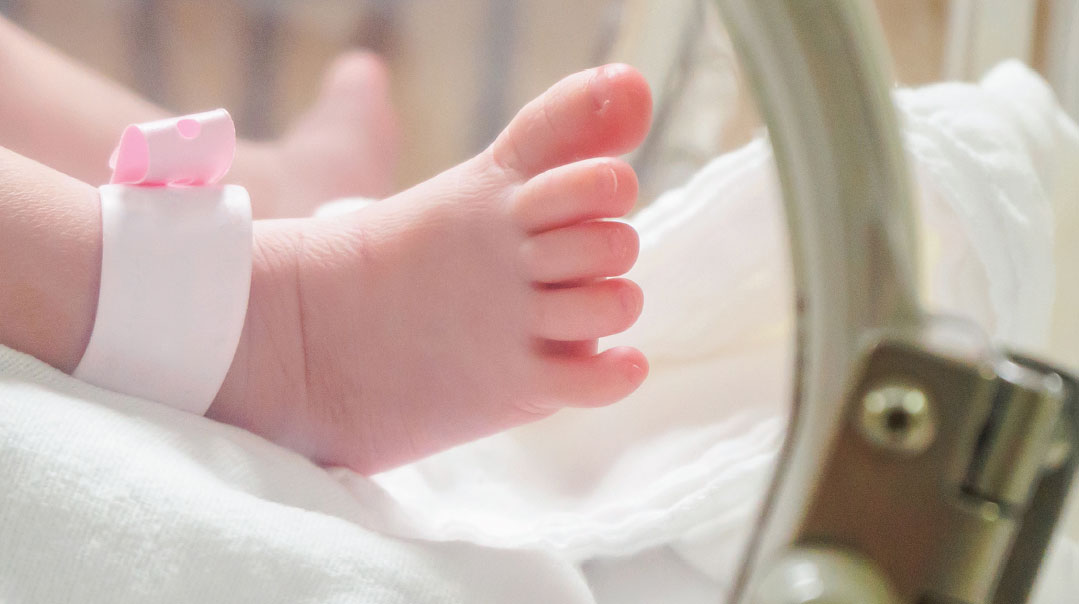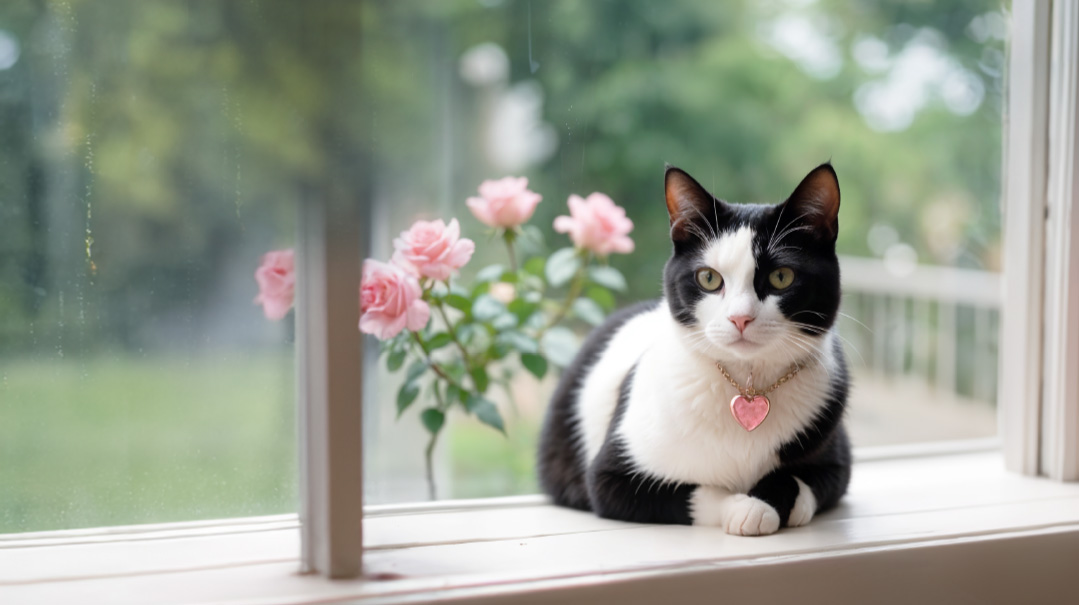You and I in the ICU

I found them in the ER. The baby was flailing in my husband’s arms, an oxygen mask over his tiny face

“The doctor wants to talk to you.”
It was Motzaei Shabbos and my husband had just called me from the pediatrician’s office. Our baby, six months old, had been wheezing terribly, and my husband had brought him in.
“Hi, Mom, this is Dr. U. I have your little man here.” That made me smile. “He doesn’t look too good, his oxygen is at 95. Usually we say that at 95 they can go home, but here, wait — okay, now it’s fluctuating, 95, 94… If it’s not stable at 95 or above, they really need to be in the hospital.”
He stopped talking for a moment, there were voices in the background — my husband, a nurse. “Now it’s 95 again… 94… 93. You have to go to the hospital.”
My mind was blank. “Right now?”
“Wait, 92… 90. Hang up, I’m calling Hatzalah.”
I hung up.
Hospital, hospital. How do I do this? I need someone to come stay with my kids. Who should I call? Shevy, she’s the one you call in an emergency.
“I need to go to the hospital, the baby’s not breathing.”
“I’m coming.”
“My house is a mess.”
“I’ll be there soon.”
I found them in the ER. The baby was flailing in my husband’s arms, an oxygen mask over his tiny face, hooked up to a thousand wires. For a moment he seemed to settle, and we were alone, then someone flung open the door. Three doctors stood there, but they didn’t even look at us, they were all staring at the screens over our heads.
“This is not good,” said one.
Ninety. Eighty-nine. They dove on top of him. I watched the screen. Eighty-six.
“Get me a smaller mask!”
Eighty-four.
“Try this one.”
“It’s too big, I need a smaller one!”
“Take it, just hold it in place!”
When the doctors start yelling at each other, you know it’s bad.
Eighty-one.
“Get this baby up to a unit!”
“We can’t move him like this!”
Seventy-five. Seventy. Sixty-five.
“Do something!”
Somebody did something, I didn’t see who or what. Then we were rolling, gliding down the corridors, doors flashing past.
The PICU was blanketed in an ethereal hush. They hooked him up. Numbers blinked and vanished on the screen. Finally: Ninety. Ninety-five. Ninety-nine. He lay immobile, sleeping. His face was pale. Only the tips of his eyelids were blue.
The rooms in the PICU were divided by walls but open at the front, no doors or doorways. Just a curtain, wide open, so the nurses could see the patients at all times. The rule was that one parent could stay overnight with each patient. My husband and I both sat down. No one told us to leave. Sometimes the rules change.
We fell into a routine. My husband would sleep in the hospital, I would sleep at home. After the kids left in the morning, I would go to the hospital and my husband would go to work for a few hours. We switched back when the kids started coming home.
The baby had RSV and pneumonia. He was on a CPAP and needed constant suctioning. He couldn’t eat and he was miserable. How do you distract a six-month-old? Read him a book?
He was in a crib that looked like a prison spaceship. Every time they tried weaning him off the oxygen, his saturation sank. How helpless can a parent be?
On the third day I couldn’t take it anymore, I called Dr. U. (What did I want from him? I was already in the hospital.)
“So, how’s the little man?” he asked. “Home and better?”
“Not home,” I said. “We’re still here in the PICU.” The phone was sweaty in my hand. “He’s not getting better.”
“Aha.” The doctor was quiet. “Well, you know, these things take time. With RSV it gets worse and worse and worse before it gets better. When you went to the hospital you were still on the ‘down.’ ”
“His oxygen was down to 65,” I blurted.
“And now he’s on oxygen?”
“Yes — the highest flow.”
“He’ll be okay. Don’t worry. They’re doing everything they can.”
That night I got a phone call at 2 a.m. It was my sister.
“We’re downstairs,” she announced.
“What?”
“We’re downstairs, in the ER. They say the baby’s fine, but he was wheezing and we didn’t want to take any chances.”
I pulled on my sneakers and began the trek through the white, quiet hallways to offer some comfort. How do you get to the ER from here anyway? The hallway ended in a door that said “Authorized personnel only.” I shrugged and walked through. I discovered that doors are buzzed open by invisible staff when I wave my wristband in front of the security cameras. The PICU changes everything.
The next day a nurse poked her head around the curtain. “There’s a visitor here for you,” she said. “Hospital policy gives parents the right to approve or refuse any visitor to the ICU.”
“Who is it?”
“He said his name is Dr. U.”
Until we landed in the PICU, my world was ordered in neat boxes: doctor, patient. But when Dr. U walked in holding the regular yellow visitor’s pass, all the lines shifted.
“I was driving this way anyway,” he said, making vague excuses. “I thought I’d stop by and see how you’re doing.”
He stayed for ten minutes, leaving me stunned.
G-d lives in the ICU. On the fifth day they let us feed him. He was more alert, and they detached some wires for a few minutes so we could hold him.
The next day, when I got to the hospital I was surprised to see they were transferring him to a regular ward.
“Everything’s gonna be fine,” cooed the nurse, as we shifted awkwardly in our new room.
I looked around the ward, light years from planet PICU. Instead of one nurse for two patients, there was one nurse for ten patients. The cautious hush of the PICU was replaced with a businesslike buzz. The lights were brighter.
After a week straddling the wavering horizon between life and death, I was a little disconcerted by the absence of hovering medical attendants.
“Well, I guess this is a good thing,” I said, feeling doubtful.
The nurse swished out. That’s when I noticed the heavy wooden door to our room.
In the real world, where the sun is bright and cars thunder on asphalt and things are solid to the touch, life and death are totally separate. But in the PICU, that line is like the elusive horizon where the water meets the heavens. In the PICU, there are no doors.
(Originally featured in Family First, Issue 661)
Oops! We could not locate your form.













